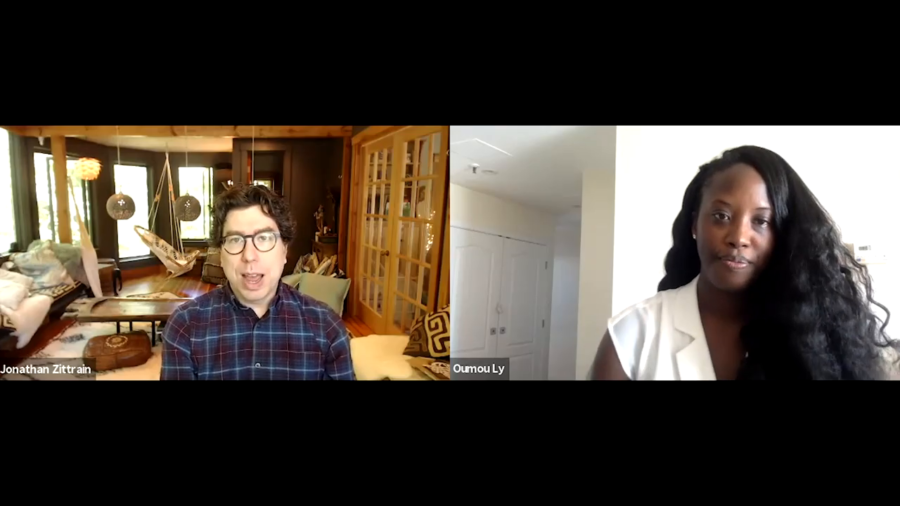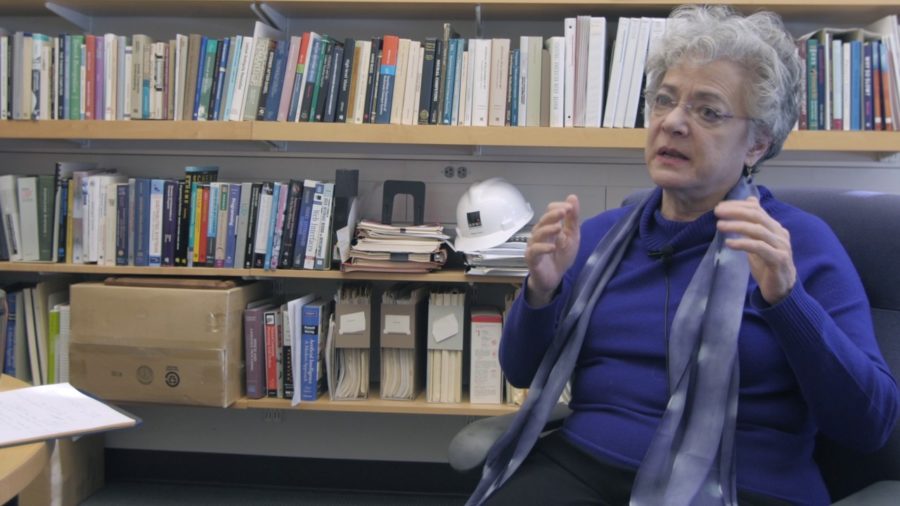What would it mean to have people who weren’t just academics in an environment true to the highest ideals of academia? Of solving problems, of examining questions and our own assumptions about answers to those questions?
Archive (Page 1 of 2)
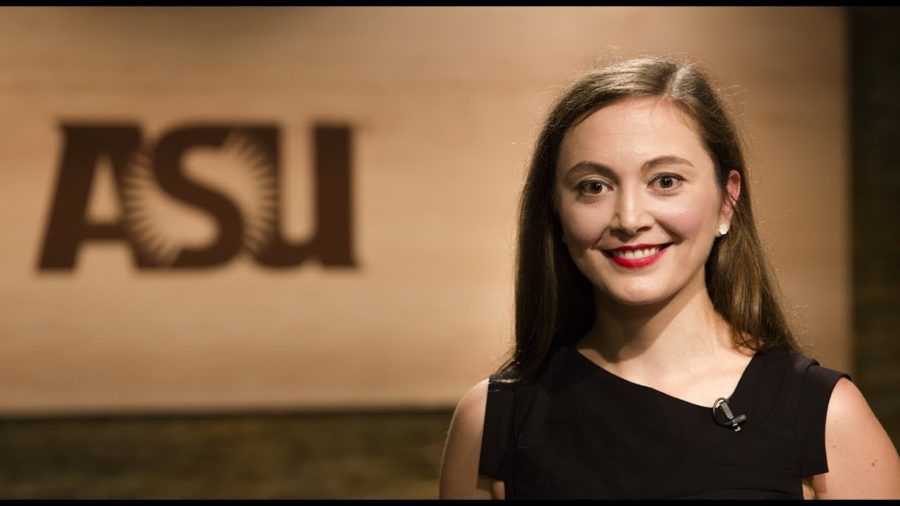
Today we face many highly complex challenges both nationally and internationally. From security of our information networks, to planning for and managing natural disasters, to emergence of new infectious diseases, to social and political conflict throughout the world, these challenges are messy, and highly interconnected.
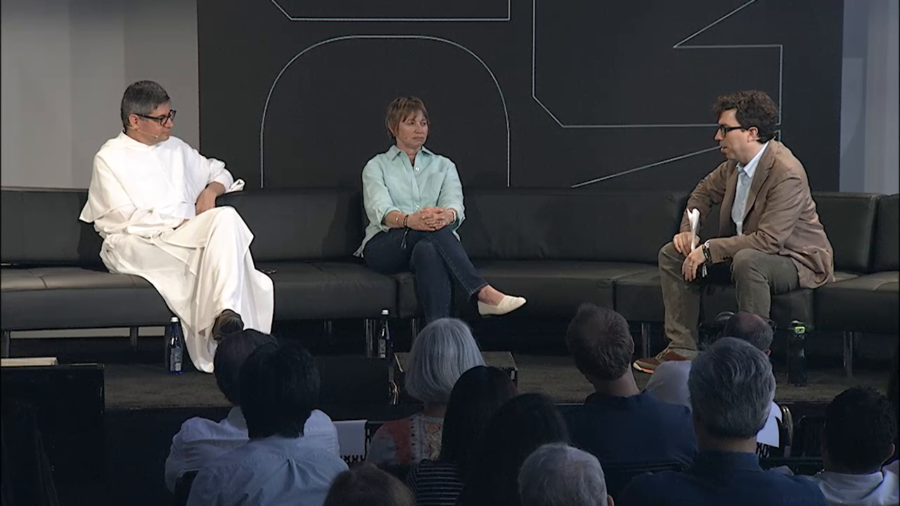
The challenge for the Church and for the theologians was to say okay, perhaps that’s what is written. But for example if you consider that God has delivered the Creation in seven days, knowing that nowadays Amazon can deliver everything on Earth overnight, it means that Jeff Bezos has defeated God? Or does it mean something different? And I think it means probably something different.
One of the most important insights that I’ve gotten in working with biologists and ecologists is that today it’s actually not really known on a scientific basis how well different conservation interventions will work. And it’s because we just don’t have a lot of data.
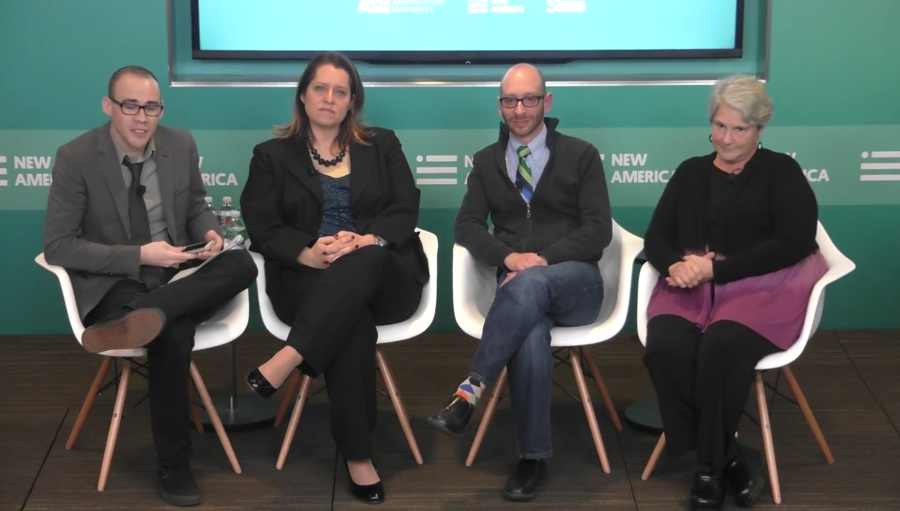
Victor’s sin wasn’t in being too ambitious, not necessarily in playing God. It was in failing to care for the being he created, failing to take responsibility and to provide the creature what it needed to thrive, to reach its potential, to be a positive development for society instead of a disaster.
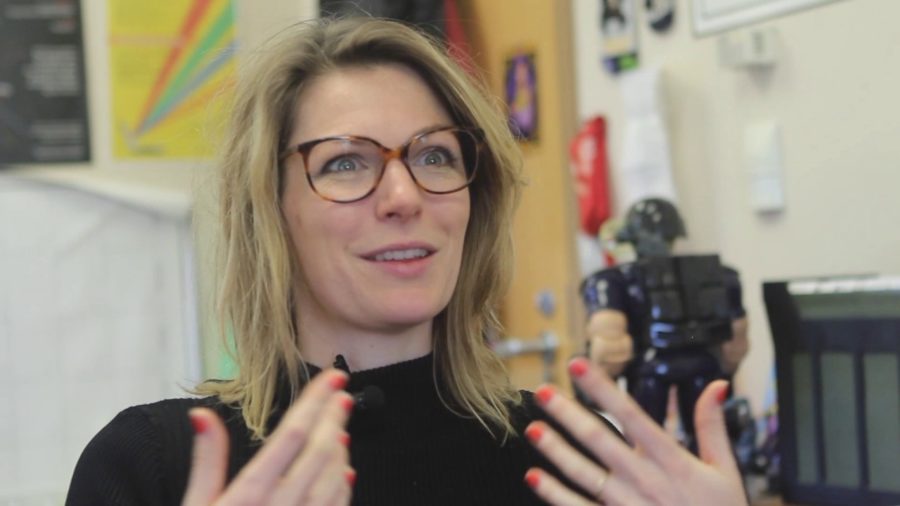
Increasingly we’re using automated technology in ways that kind of support humans in what they’re doing rather than just having algorithms work on their own, because they’re not smart enough to do that yet or deal with unexpected situations.
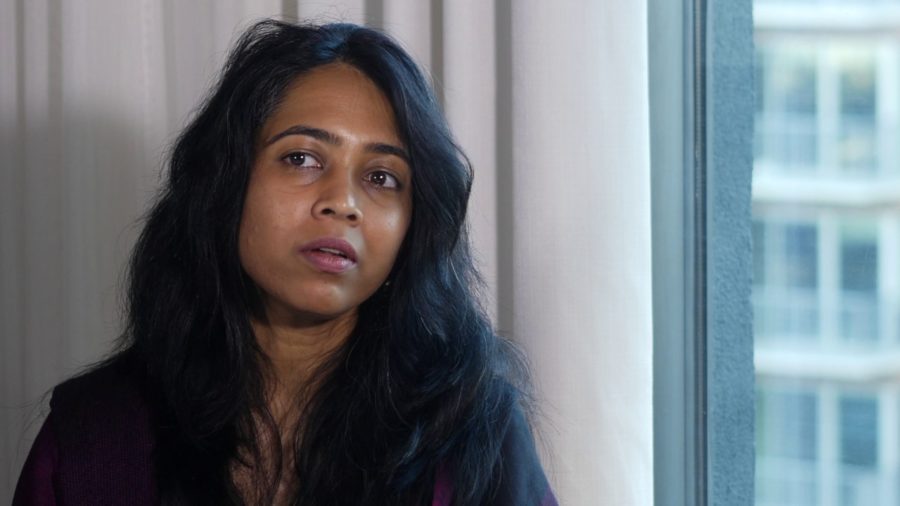
In a world of conflicting values, it’s going to be difficult to develop values for AI that are not the lowest common denominator.
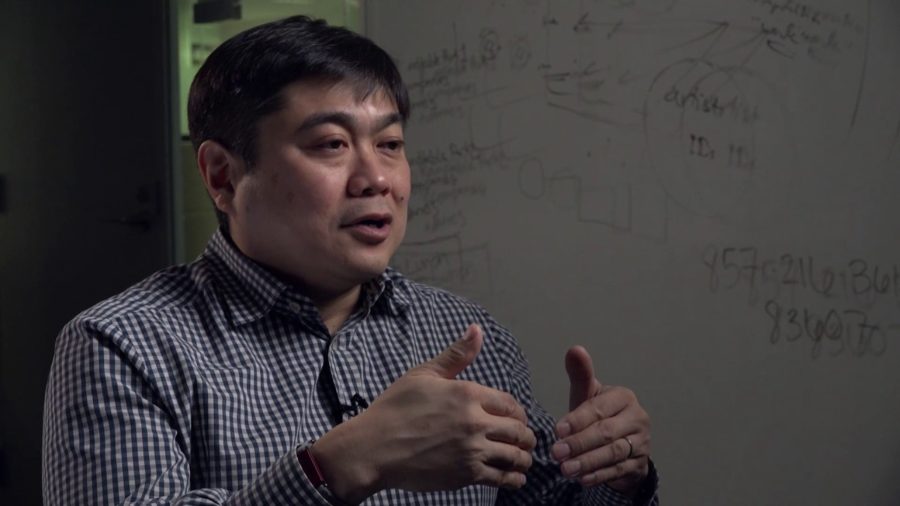
Machine learning systems that we have today have become so powerful and are being introduced into everything from self-driving cars, to predictive policing, to assisting judges, to producing your news feed on Facebook on what you ought to see. And they have a lot of societal impacts. But they’re very difficult to audit.
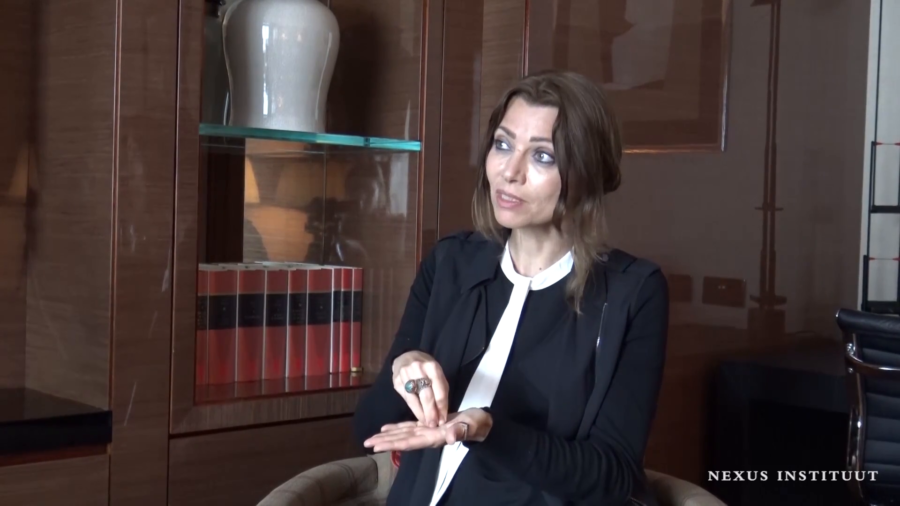
One of the primary questions, or problems as I see it, is this “illusion” that sameness will bring safety. People start to thinking that if we are surrounded by similar people, like-minded people, if we have communities based on sameness, that will bring us safety. That’s an illusion. That’s not the case at all.

